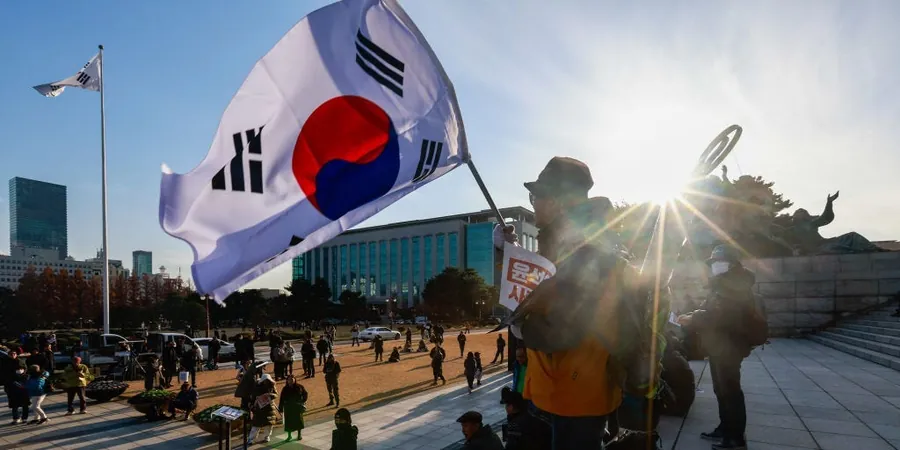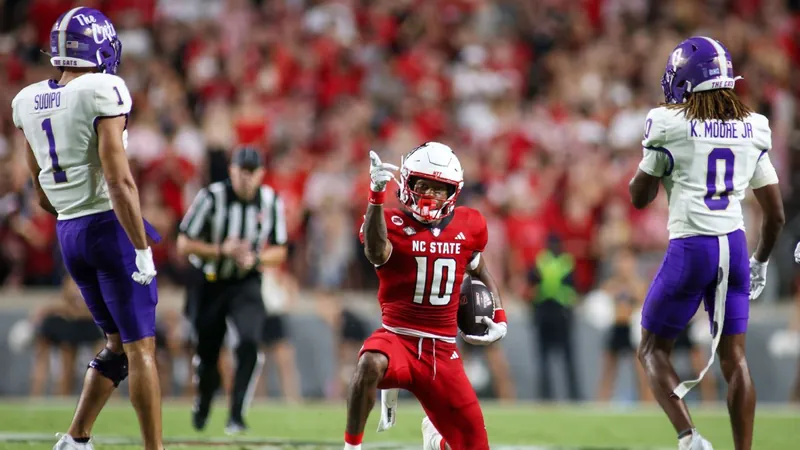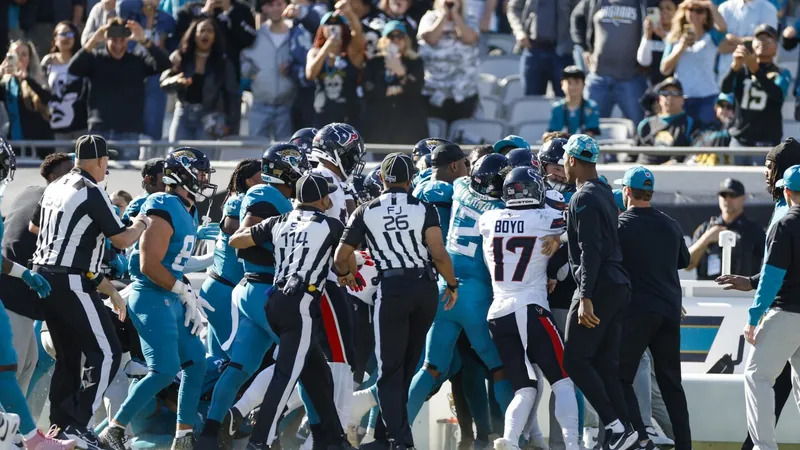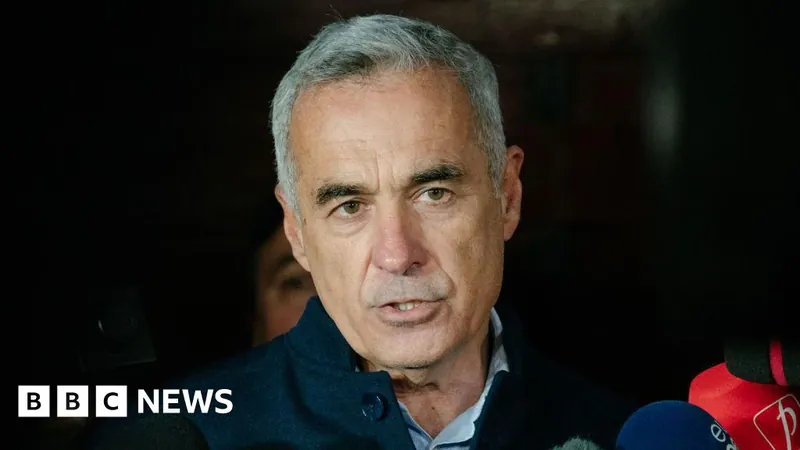
South Korea's Shocking Martial Law Declaration Sends Shockwaves Through Nation – What’s Next for President Yoon?
2024-12-04
Author: Chun
South Korea's Unprecedented Martial Law Declaration
In an unprecedented move that left South Korea in a state of shock, President Yoon Suk Yeol declared martial law on Tuesday, citing frustrations over political opposition that he claimed was paralyzing government functions. This declaration brought a wave of unrest and resulted in immediate backlash from citizens and lawmakers alike. Remarkably, just six hours later, Yoon rescinded the controversial decree amidst calls for his resignation.
Legal and Political Implications
The legality and implications of this drastic act are significant. This was the first instance of martial law since South Korea underwent democratization in 1987, and the first since the political upheaval following the assassination of a previous president in 1979. The decree granted temporary military oversight, effectively nullifying certain civil liberties and curtailing legislative functions. It sent ripples through the nation, prompting a fast response from parliament, which voted unanimously to render the martial law declaration void, despite it remaining functional for a short period.
Impeachment and Opposition Response
As civil unrest unfolded and the political environment became increasingly charged, opposition lawmakers quickly initiated the impeachment process against Yoon, underscored by the Democratic Party’s sweeping control of 175 out of 300 seats in the National Assembly. Observers note that Yoon, relegated to a "lame-duck president" status due to his party's recent electoral losses, appears to be using martial law to consolidate power in the face of political setbacks.
Economic Fallout
The fallout from this event is unfolding not only in the political sphere but also in economic terms. Investors reacted swiftly, resulting in a 1.4% drop in South Korea's Kospi Index and pushing the won to its lowest value in over a year. Major conglomerates such as SK Group and shipbuilder HD Hyundai convened emergency meetings to address the potential impacts on their operations. Economists are concerned that the political crisis could jeopardize South Korea's sovereign credit rating if stability isn't restored swiftly.
Labor Unrest and Strikes
Adding to the turmoil, South Korea’s largest labor union, the Korean Confederation of Trade Unions, has initiated an indefinite strike demanding Yoon’s resignation, which could further strain production across various sectors. President Yoon attempted to frame his martial law decree as a necessary measure against perceived anti-state factions and external threats like North Korea, but his critics argue that it is a tactic to suppress opposition and dissent.
International Reactions
Internationally, the response has been considerable, with the Biden administration expressing surprise at the declaration. U.S. Secretary of State Antony Blinken reaffirmed the expectation that political disputes in South Korea should be resolved peacefully, stressing the importance of stability in this critical ally within the Indo-Pacific region.
What Lies Ahead for President Yoon?
In the wake of this political crisis, will President Yoon be able to regain the trust of the South Korean people, or is his presidency nearing its end? The unfolding events in South Korea are set to define not only the immediate future of its leadership but also the country’s economic outlook and social fabric for years to come.




 Brasil (PT)
Brasil (PT)
 Canada (EN)
Canada (EN)
 Chile (ES)
Chile (ES)
 España (ES)
España (ES)
 France (FR)
France (FR)
 Hong Kong (EN)
Hong Kong (EN)
 Italia (IT)
Italia (IT)
 日本 (JA)
日本 (JA)
 Magyarország (HU)
Magyarország (HU)
 Norge (NO)
Norge (NO)
 Polska (PL)
Polska (PL)
 Schweiz (DE)
Schweiz (DE)
 Singapore (EN)
Singapore (EN)
 Sverige (SV)
Sverige (SV)
 Suomi (FI)
Suomi (FI)
 Türkiye (TR)
Türkiye (TR)